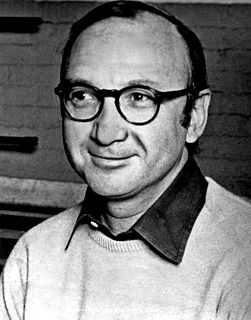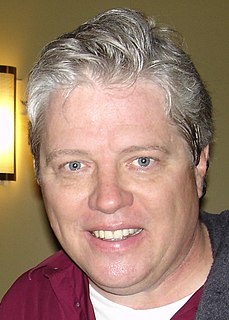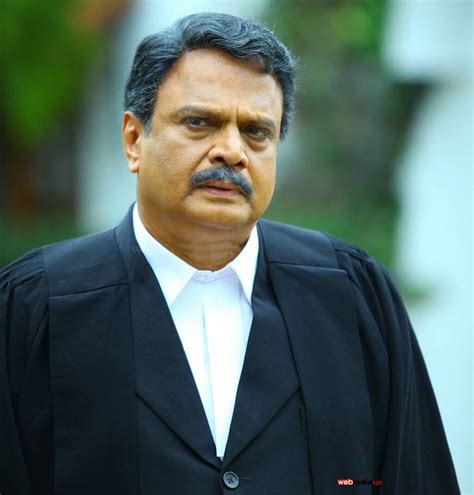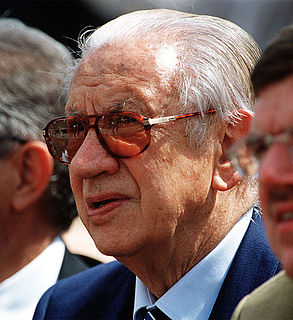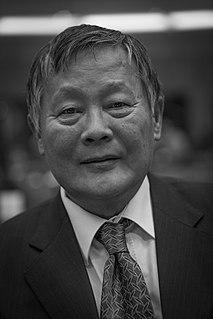A Quote by Golda Meir
We only want that which is given naturally to all peoples of the world, to be masters of our own fate, not of others, and in cooperation and friendship with others.
Related Quotes
It’s in our interest to take care of others. Self-centrednes s is opposed to basic human nature. In our own interest as human beings we need to pay attention to our inner values. Sometimes people think compassion is only of help to others, while we get no benefit. This is a mistake. When you concern yourself with others, you naturally develop a sense of self-confidence . To help others takes courage and inner strength.
I firmly believe that if you follow a path that interests you, not to the exclusion of love, sensitivity, and cooperation with others, but with the strength of conviction that you can move others by your own efforts, and do not make success or failure the criteria by which you live, the chances are you'll be a person worthy of your own respects.
?Interdependence is a fundamental law of nature. Even tiny insects survive by mutual cooperation based on innate recognition of their interconnectedness. It is because our own human existence is so dependent on the help of others that our need for love lies at the very foundation of our existence. Therefore we need a genuine sense of responsibility and a sincere concern for the welfare of others.
I am fond of reminding my yoga students of the saying "It takes one to know one" when they become lost I condemnation and judgment of others. The world that we perceive is a reflection of our own states of mind and reveals our own level of consciousness. The world is little more than a Rorschach blot in which we see our own desire systems projected. We see what we want to see. (116)
Detachment is not indifference. it is the prerequisite for effective involvement. Often what we think is best for others is distorted by our attachments to our opinions. We want others to be happy in the way we think they should be happy. It is only when we want nothing for ourselves that we are able to see clearly into others needs and understand how to serve them.
We want to be masters of our own destiny. We need no Gods or Emperors. We do not believe in the existence of any saviour. We want to be masters of the world and not instruments used by autocrats to carry out their wild ambitions. We want a modern lifestyle and democracy for the people. Freedom and happiness are our sole objectives in accomplishing modernisation.
In wanting freedom we discover that it depends entirely on the freedom of others, and that the freedom of others depends on ours. . . I am obliged to want others to have freedom at the same time that I want my own freedom. I can take freedom as my goal only if I take that of others as a goal as well.
Human beings are not intrinsically selfish, which isolates us from others. We are essentially social animals who depend on others to meet our needs. We achieve happiness, prosperity and progress through social interaction. Therefore, having a kind and helpful attitude contributes to our own and others' happiness.
We begin from the recognition that all beings cherish happiness and do not want suffering. It then becomes both morally wrong and pragmatically unwise to pursue only one's own happiness oblivious to the feelings and aspirations of all others who surround us as members of the same human family. The wiser course is to think of others when pursuing our own happiness.


